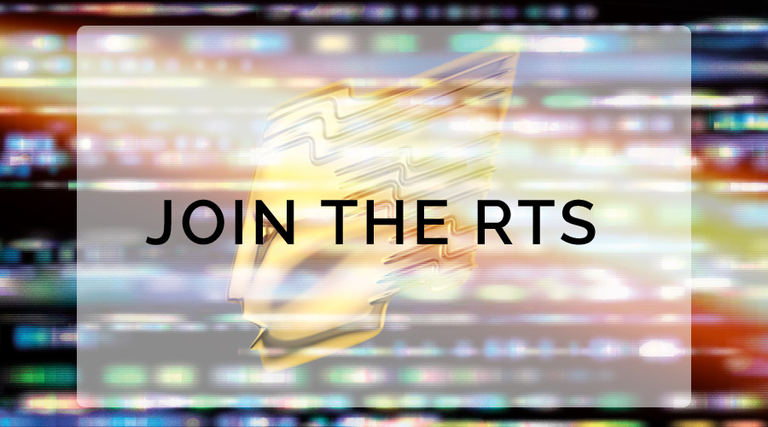While our favourite television shows have quickly adopted new ways work working, using video chat platforms, adhering to social distancing guidelines and using reduced crews - the studio audience is one area that has not been easily replaced.
As production navigates this ‘new normal’ this session asks what is the future for the studio audience. How do we replace the energy that an audience brings? Looking around the world; a French Karaoke show has used mannequins to fill the audience, football is being played behind closed doors in Germany and Aussie soap Neighbours is digitally adding extras into scenes – what will the UK do longer-term across different genres of sport, comedy, gameshows and chat?

Chair: Professor Lyndsay Duthie - Head of School for Film, Media & Performing Arts at University for the Creative Arts
Lyndsay Duthie is an award winning television expert with over 20 years experience in the media industry: as an educator, television executive producer and broadcaster - with credits for BBC, ITV, C4, C5, SKY and Discovery. Lyndsay regularly appears on SKY News, ITV and BBC Radio as a media commentator. She is also the co-author of The TV Studio Production Handbook (Bloomsbury). Interestingly her first ever job in television was booking studio audiences!

Jamie Hindhaugh – Chief Operating Officer, BT Sport
Jamie joined BT Sport in 2012 as Chief Operating Officer to build the infrastructure, broadcast chain and operating model ahead of launch. A year later BT Sport 1, BT Sport 2 and BT Sport ESPN all started broadcasting from the brand-new purpose-built studio facility on Queen Elizabeth Olympic Park.
Since then BT Sport has expanded to 13 channel outlets to deliver the exclusive Champions League and Europa League coverage, as well as the launch of Europe’s first 4K UHD sports channel.
Jamie started his TV career as a transport coordinator at the BBC. He had several roles at the BBC including Head of Sourcing Production Resources and Head of Production L2012 – responsible for the BBC’s multiplatform coverage of the Olympics, Paralympics and other key national events in 2012.

Adeel Amini – Entertainment Producer, credits for: Who Wants to Be a Millionaire, Catchphrase, 8 out of 10 Cats Does Countdown
Adeel is a freelance comedy/entertainment producer who has worked on shows such as Catchphrase, 8 out of 10 Cats Does Countdown, and Who Wants To Be A Millionaire? He is also the founder of mental health support group The TV Mindset.

Mark O’Sullivan - Comedy Producer / Actor / Co-creator C4’s Lee & Dean
Mark O’Sullivan is an actor, writer, director and occasional stand-up comedian. He co-created and starred in Channel 4’s cult comedy ‘Lee and Dean’, and has appeared in character and as himself in shows such as 8 out of 10 Cats Does Countdown and Sky's Soccer AM. He is co-founder and director of regional indie Bingo Productions.

Honey Langcaster-James – TV Psychologist with credits for SKY, ITV, BBC
Honey Langcaster-James works in the media and entertainment industries as a TV Psychologist and Psychological Therapist for Film and Television Productions, as well as acting as a commentator for BBC, ITV, SKY to name some. Honey also has an impressive list of clients ranging from Google, Disney through to 20th Century Fox.

Michael Geissler - CEO Mo-Sys Engineering Ltd
Michael founded, owns and leads Mo-Sys Engineering, an innovative designer and manufacturer of advanced camera robotics and virtual technologies for the high end film and broadcast industry. The Mo-Sys product range spans remote heads & motion control, broadcast robotics, mechanical and optical camera tracking for AR and VR, and on-set visualisation.



